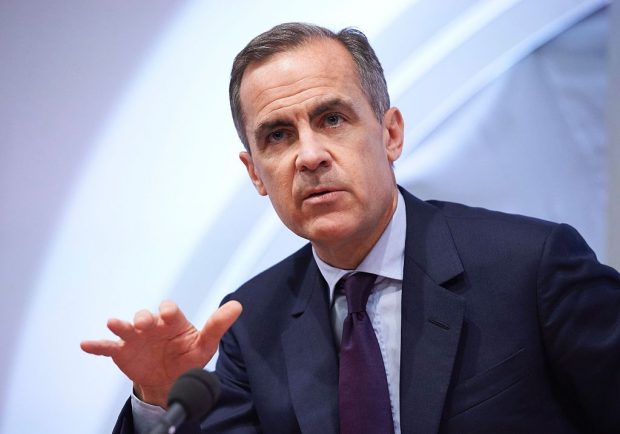The currency has been devalued by more than 30 per cent. Interest rates have been pushed all the way up to 20 per cent. The IMF is standing by with an emergency package, and capital controls and dollar rationing have been maintained. It has been a heck of a morning for the pound – although, fortunately enough for most us, the Egyptian rather than British one.
Over here, it has all been rather quieter. The Bank of England, as most people expected, has stuck with its decision over the summer to take rates all the way down to the 0.25 per cent. It now looks inevitable that it will hold them there – potentially for as long as the seven years at which they were left at 0.5 per cent.
And yet that is surely a mistake. In fact, it is now clear the Bank was wrong to cut rates in the summer. It should have been big enough to reverse that decision.
In the immediate wake of the vote to leave the EU, it was perfectly understandable that the Bank decided to slice rates, and pump some extra cash into the economy with an extra blast of quantitative easing. Some of the more lurid forecasts from Project Fear may have been, to put it mildly, slightly over-egged. That said, even the most fevered Brexiteer would have to concede that with 8 per cent of the British economy consisting of exports to the EU, there was the potential for a nasty hit. No major economy had left the EU before. No one really had a clue what might happen.
As it turned out, however, the figures have been surprisingly strong. The economy overall expanded at 0.5 per cent in the first full-quarter since the vote. The employment rate is hitting an all-time record. House prices are healthy, and wages are rising. True, sterling has weakened a lot, but then the exchange rate is meant to be the shock absorber for any kind of economic transformation – so it is just doing what it is meant to be doing. Meanwhile, there is growing evidence that the money supply is starting to accelerate – the rate of growth has roughly doubled in the past three months – and that is often a signal that inflation is about to take off.
It is very hard to describe any of that as a crisis. The whole point of an independent Bank of England, especially one run by a foreign technocrat, is that it is not emotionally invested in the political debates of the country. It stands loftily above that fray. It was fine for the Bank to cut rates, but today was the perfect opportunity to raise them. It should have taken it – and may ultimately regret not doing so.






Comments